Many people experience constipation due to changes in lifestyle, physical activity, travel, stress etc and that’s normal. The issue is when it becomes chronic, so here are some tips to help manage constipation in the elderly with dementia.
In my my article ‘Constipation in the Elderly with Dementia’ we looked at what constipation looked like and the specific issues & factors facing families dealing with constipation & dementia
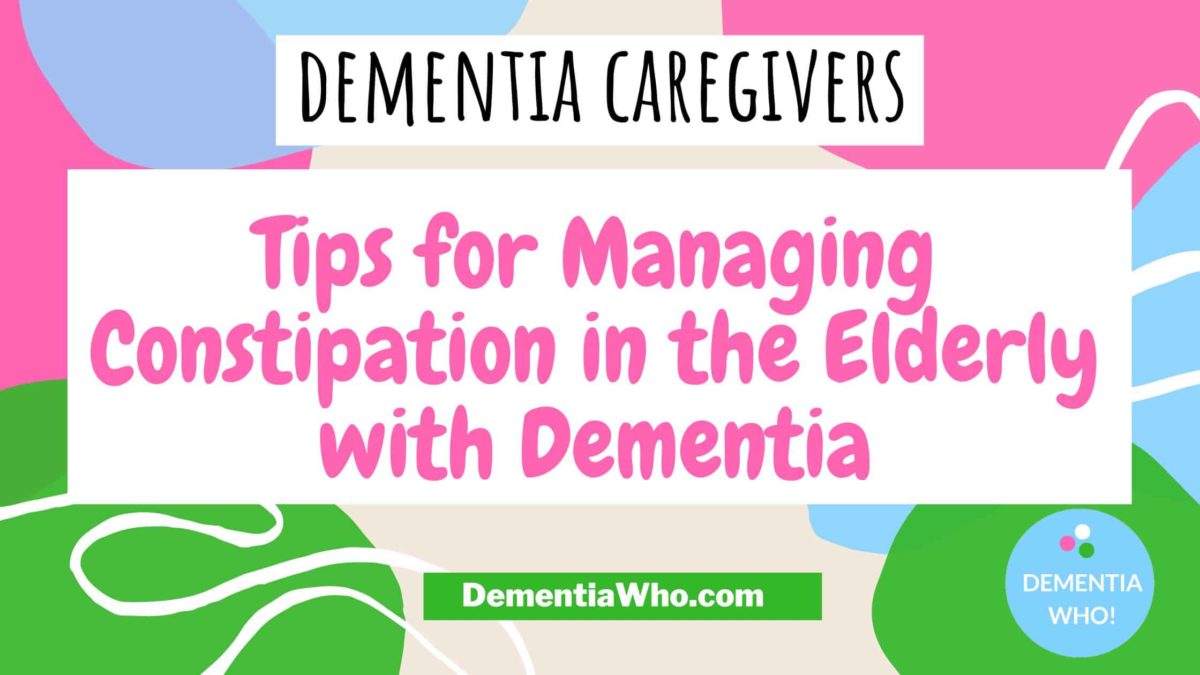
Gut Motility
Gut motility is an important factor in being able to move waste products out of your system. A number of factors can affect it like medication, hormone changes, diet, fluid intake, hormonal illness, diabetes, parkinsons, IBS, obstructions, nerve damage, weak muscles, thyroid issues and age etc. All of these can affect the transit of food through your body.
If you have bloating, nausea, and physical stomach pain, then it may be related to IBS and you may want to avoid fibre rich, gas producing vegetables bulk forming solution.
In most cases, managing constipation in the elderly with dementia is about improving slow transit issues, especially if you’re passing hard dry stools, and straining. We want to prevent getting painful piles (haemorrhoids), anal fissures or damaging the anal sphincter that control bowel movements.
So here are our tips to manage constipation in the elderly with dementia!
Fluids
Fluid, fluid, fluid, the number one thing you’re encouraged to increase if you have constipation. That’s hard with someone who is worried about incontinence, or doesn’t feel thirsty or not remember when they last had a drink.
Consider:-
- Keeping a jug of water near them, or cup of water on a side table next them to drink from
- Using two handed mugs if they have issues with dexterity
- Use cups with straws if they’re unable to hold them (careful if swallowing issues)
- Encouraging/reminding them to drink when you’re with them
- Add signage or use voice activated technology like Alexa, dementia digital clock to remind them to drink
Also, fluid doesn’t just mean just water. It also includes flavoured drinks, soups, shakes, tea/coffee, or choosing food types that are more laden with water like watermelon, berries. Try freezing fruits with high water content to make into slushies! But not milks or dairy products that can cause constipation.
Don’t Hold It In, Go When You Need To!
Your body is telling you that you need to go, by holding it in you risk it being reabsorbed & becoming dryer, constipated. So if you have a routine then, don’t hold it in. Problems for those with dementia could be finding the bathroom or not understanding what the sensation means.
Consider:
- Making sure the bathroom is properly identified with signage or doors removed
- Distinguish the toilet seat colour from the toilet and surrounding colours
- Make sure to have easy clothing or adaptive clothing on to be able to pull down/undress to go once the urge hits
- Empty the water tank, disable the flush if you want to see the type of deposit and whether they have gone or use a urinal hat as a reminder to your loved one that you haven’t/or have gone that day. (If you do this, make sure you explain why or have signage up to explain to them, otherwise it will be extremely confusing & irritating)
- Work together & use a poo chart to record when they’ve gone as a visual reminder, place somewhere near a clock/calendar to orient to day/time
Medication review
Your doctor or pharmacist will know best whether any specific drug is causing constipation like pain killers or whether a combination of drugs are causing constipation and be able to take action either to reduce dosage or swap to other types that don’t have these side effects. So ask for a medication review. Also, ensure they review your vitamins as well. Be careful of vitamins like calcium and iron supplements that can aggravate constipation
Bowel Training
This is a useful tool for someone with dementia as the idea is to set up & establish a routine time to try to have a bowel movement. Choosing the time should take into consideration your loved ones bowel evacuation normal timings
Consider:
- Setting up routines within 30 minutes of a meal as this is the best time to try when your colon will contract due to the gastrocolic reflex helping move food through your digestive system and increase the urge to have a bowel movement.
- Setup reminders to try to have a bowel movement at an established time (with verbal encouragement from the dementia caregiver, or Alexa/Voice activated reminder, calendar, post its, whatever works for you)
Increase your Mobility
Increase your activity, walking, or any exercise helps reduce the time food spends in your intestines, reducing the possibility of your stools becoming dryer & the elderly more constipated. There are many active elders but there are some that also have other conditions like dementia, degenerating joints, who have reduced mobility.
That doesn’t mean they can’t do any exercise. Using encouragement, bring out old games that they enjoyed, adapting to suit their needs to increase mobility. This can improve their quality of life & support more regular bowel movements. As a dementia caregiver that’s my goal!
Consider:
- Joining exercise groups
- Using computer games like a Nintendo Wii to play active seated games, or follow along to standing exercises, use chairs to support you/keep balance
- Playing balloon badminton, throwing a ball, cushion, pass the parcel around (good for the core), using a door aerobic pulley system
- Light resistance with bands, light arm weights, leg lifts etc
- Seated exercises like Tai Chi, Yoga, or check out these gentle sitting exercises to help improve your mobility and prevent falls from the NHS.
There are numerous seated exercise video like these that you can do together this video below.
Fear of Falling
Fear of falling can play a massive part in the elderly with dementia. Feeling dizzy, or off balance, swaying to one side, or leaning due to frailty or dementia balance issues mean you won’t be running to that toilet when you get the urge and may hold it till it subsides. This can lead to dryer and harder stools which we want to avoid!
Consider
- Using walking sticks & walking frames
- Bring a commode into the bedroom to use in the mornings.
- Incontinence briefs, pads, and pant
- Installing grab rails in the bathroom
Self-abdominal Massage
Abdominal massage can help move stools – using gentle strokes to encourage stool movement can help with constipation in the elderly. You can do this for your loved one or they can try themselves, the site may be tender so be gentle.
You can do 4 different types of massage to promote bowel movements: stroking, effleurage, kneading and vibration. This NHS leaflet describes the practice and the precautions as it’s not suitable if you have unstable spinal injuries, IBS etc.
Try doing it together and use a massage oil to help your hands glide over your stomach, I’m sure you’ll have a giggle doing this together (if the area isn’t painful)
If all else fails – Laxatives!
Laxatives can be used in conjunction with other measures to help constipation. You need to approach your doctor or pharmacist to prescribe the right type of laxatives for your constipation, and choosing the wrong one can make it worse. The most common form of laxatives are below
Types of Laxatives
Bulk Forming
Takes 2- 3 days.
- Helps your stool retain more liquid, making it bigger and easier to pass
- Dietary Fibre, Psyllium Husk, Fybogel, Methylcellulose,Benefibre
Osmotic Laxative
Takes 2-3 days
- Softens your stools by drawing water from the body, making them easier to pass
- Macrogol, Movicol, Laxido, Lactulose, MiraLAX, polyethylene glycol
Stimulant Laxatives
Within 12 hrs.
- Stimulates the digestive tract causing it to contract and push the stool down the colon
- Bisacodyl, Dulcolax, Ex-Lax Ultra, Senna, Senokot
Stool Softener
Takes 1-3 days
- Increases the fluid content of hard and dry stools, making it easier to pass
- Docusate sodium, Glycerol
If you have nerve damage or limited brain to gut connection, you will need some form of laxative to be taken. This can be in the form of a stool softener, one that draws water into the colon or a stimulant type of laxatives.
If you’re feeling bloated or gassy, then you don’t want to be loading up on fibre-rich foods or using a fibre supplements, and avoid eating vegetables or food types like beans that produce a lot of gas. You’ll probably need a stool softening laxative and increase of water intake.
You can also use suppository and enemas that are inserted into the rectum and work within 30 minutes, but consult with your doctor and ensure you’re able to use them correctly. I had a district nurse demonstrate the correct positioning and insertion techniques to ensure my mum with Alzheimer’s was comfortable, reassured and remained calm.
Finally – Positioning – Squatty Potty!
I’m sure you’ve heard of the squatty potty, they had the best marketing campaign on how squatting is a more natural way to defecate. The video below describes it better, and is fun to watch with your loved one! But if you don’t have a footstool, you can use a pile of books to lift the knees above the hips and straighten your hips.
Word of caution here is that this doesn’t become a tripping hazard. I would advise that it only be used with the assistance of a dementia caregiver.
We also have issues where constipation occurs because food cannot be evacuated because of factors like prolapse, pelvic floor issues, and surgery or other remedies may be the answer in these cases.
Let us know what works for you and your tips for managing constipation in the elderly with dementia. In the next article, we’ll look at the best food options for helping relieve constipation.


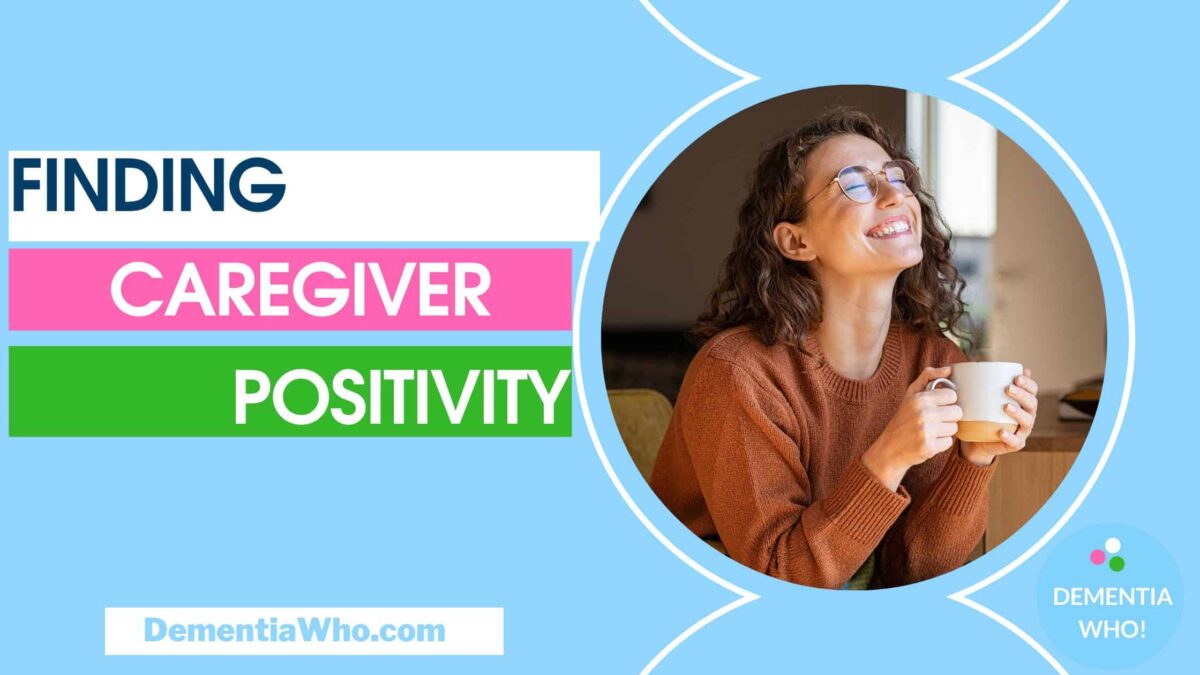


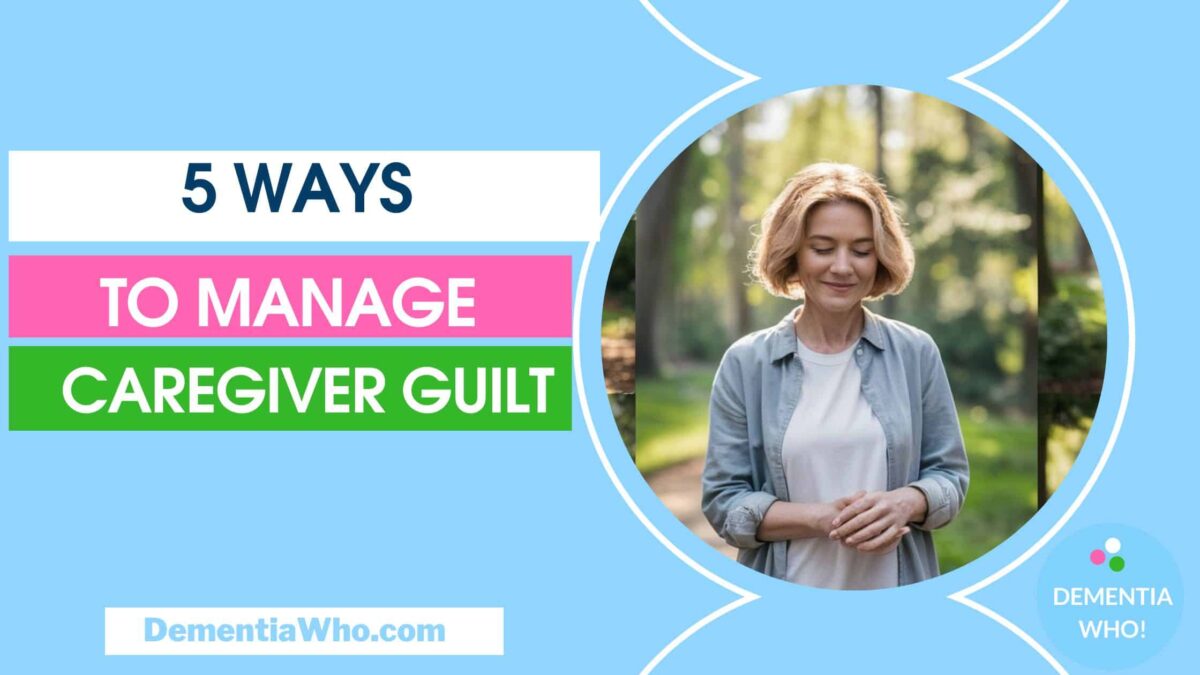
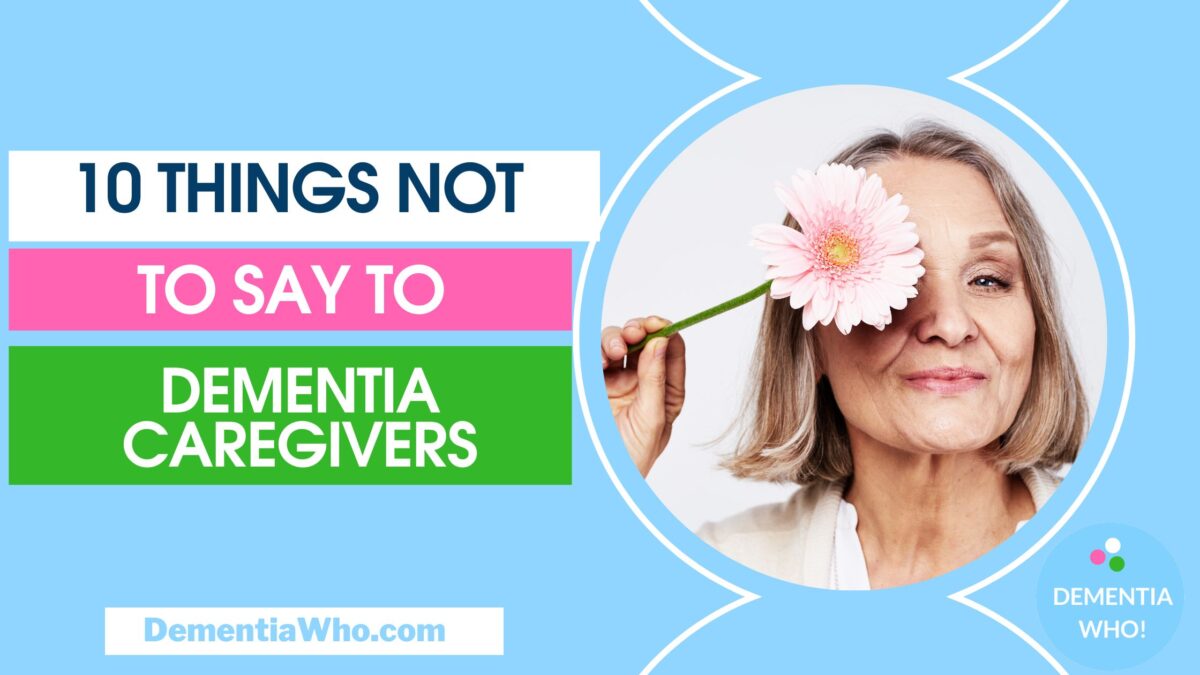
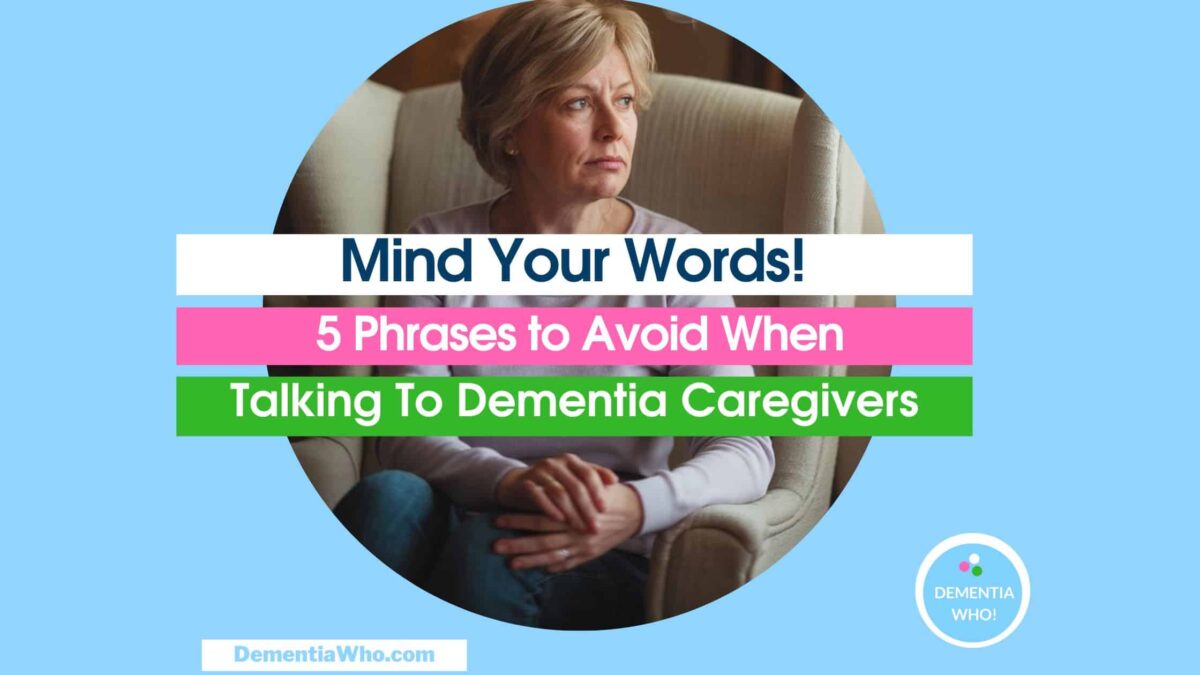
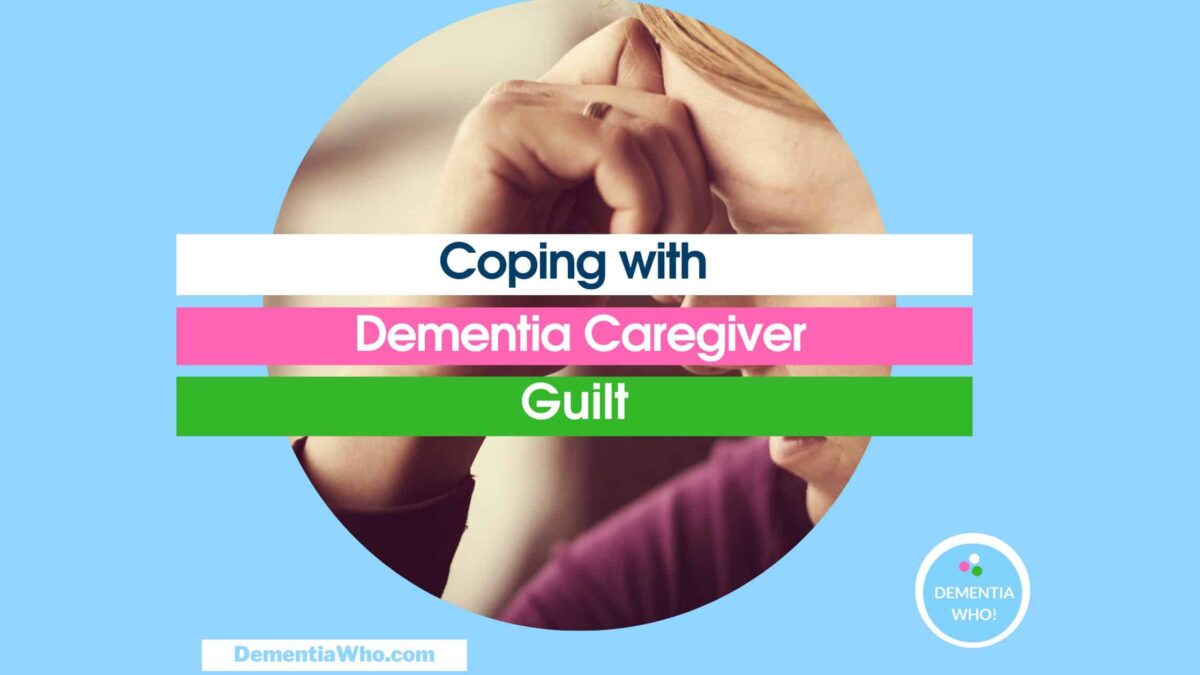



Thank you this was very helpful . My husband has fronto temporal dementia and is aphasic.He was hospitalised for over a month because of impacted bowel and then unable to pass urine. Kidney infection sepsis and Covid followed. It was very difficult to get all the agencies to employ any joined up thinking and I eventually was able to bring home my husband last week. With medication for Covid but no information on constipation or what to do if it reoccurred,which of course it did. He was discharged into the care of the GP. This has been a particularly challenging experience with no thought or care for me as his carer. As a result of the constipation he now has delirium. I’ve asked twice for a GP review the second time after a telephone call with the community nurse who strongly advised this and then added ‘good luck!’ The first time a paramedic arrived, who I found difficult to understand and aggressive in his opinion and the way he spoke to me. He prescribed senna and suppositories. Allan continued to be unwell so I asked for a GP review again and this time the same paramedic phoned and said he could call an ambulance, but most patients prefer to die at home. This really upset me so I said I didn’t want him to do anything and if the delirium became worse I would call 111. The surgery ( these conversations have been with receptionists) phoned to say the paramedic had spoken to her and I said I really didn’t want him here again. She then said she would pass it to the duty dr tomorrow and I may get a call. I really feel the NHS is broken and if you are at the elderly cognitive impaired stage of your life you are on your own. I shall continue to care for my husband without the help and support of my GP. I hope my experience is uncommon but I think not. Thank you again for useful information.
I was so sorry to read this. I realise it is now over a year ago.
My father has impaction with dementia but is unable/unwilling to take oral meds or drink enough for a macrogol laxative as he has swallow issues. GP has prescribed oral meds so no good. GP access still very difficult. I don’t know if there is a district nurse service to provide an enema for him at home, I am told this service is also not working properly these days. I don’t know what it will take to prompt admission to hospital but fear it will have to get much worse before then. He is in a lot of pain.
If your father has swallow issues, have they referred him to the SALT team? They can help and assess him to see what could help me swallow more easily. I’d go back to your GP and explain all this, they can’t wait til it gets to an emergency stage, if they need to they can authorise a DN to come out, they are still available. Definitely speak to your GP especially if he is in such pain, he can also request an xray of the abdomen to check if there is faecal build up. Could your father tolerate suppositories? Otherwise things like liquid senna is small dose to swallow which could also help, but your doctor should be making these suggestions to you. I wish you all the best and hope the situation approves.